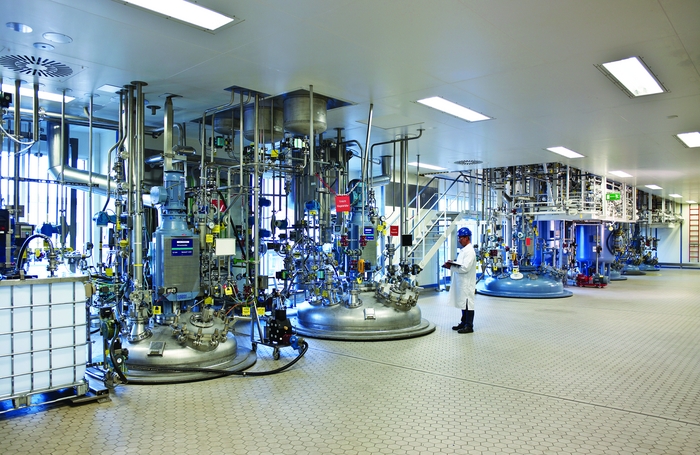Fine chemicals and industrial chemicals are two broad categories of chemicals that serve different purposes and have distinct characteristics. Here’s an overview of each category:
Fine Chemicals:
- Definition: Fine chemicals, also known as specialty chemicals or bespoke chemicals, refer to high-purity chemicals produced in relatively small quantities and often tailored to specific applications or industries. They are known for their purity and quality.
- Production Scale: Fine chemicals are typically produced in small to medium quantities, and production processes are carefully controlled to ensure product consistency and quality.
- Applications: Fine chemicals are used in various industries, including pharmaceuticals, agrochemicals, biotechnology, and specialty chemicals. They are often critical components in the manufacturing of pharmaceutical drugs, advanced materials, and high-tech products.
- Characteristics:
- High purity and quality: Fine chemicals are produced to meet strict purity and quality standards.
- Customization: They are often customized to meet specific requirements of research and development or specialized applications.
- Complexity: Some fine chemicals are complex molecules with intricate structures.
- Cost: Fine chemicals tend to be more expensive than industrial chemicals due to their purity and customization.
- Examples: Active pharmaceutical ingredients (APIs), specialty polymers, catalysts, and research reagents are examples of fine chemicals.
Industrial Chemicals:
- Definition: Industrial chemicals, also known as bulk or commodity chemicals, refer to chemicals produced in large quantities for general industrial purposes. They are typically less pure than fine chemicals and are used in a wide range of applications.
- Production Scale: Industrial chemicals are produced in large quantities through continuous or batch processes. Mass production helps keep costs low.
- Applications: Industrial chemicals are used in various industries, including manufacturing, agriculture, construction, and energy production. They serve as raw materials, intermediates, and additives in a wide range of products and processes.
- Characteristics:
- High volume: Industrial chemicals are produced in high volumes to meet the demands of various industries.
- Standardization: They are often standardized and have well-established specifications.
- Lower purity: Industrial chemicals may have impurities and variations in purity levels.
- Lower cost: Due to mass production, industrial chemicals are generally more cost-effective.
- Examples: Common examples of industrial chemicals include sulfuric acid, sodium hydroxide, ammonia, and petrochemicals like ethylene and propylene.
In summary, fine chemicals are characterized by their high purity, customization, and suitability for specialized applications, often in research, pharmaceuticals, and advanced technologies. On the other hand, industrial chemicals are produced in large volumes and are used for general industrial purposes across a wide range of industries. Both types of chemicals play crucial roles in modern industrial processes and products.

